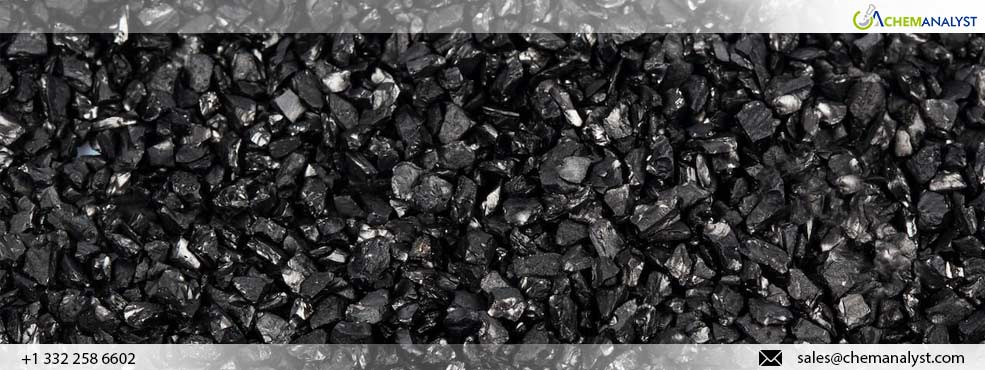Welcome To ChemAnalyst

Rotterdam (The Netherlands): July began with concerns for major automobile companies as a crucial component of their products, tires, faced a supply crunch. The EU and Russia failed to reach an agreement over essential supply links for rubber products such as Styrene Butadiene Rubber and Carbon Black N220 grade. These products, under the 10th package of sanctions, saw a full import ban effective from July 1, 2024. Despite this ban, hostilities escalated further with the EU announcing a 14th sanction package against Russia for its ongoing aggression in Ukraine in July 2024. In this context, the challenges posed to the EU's decarbonization scheme and the supply of Carbon Black for tire production, influenced by the European Central Bank's recent 25 basis points rate cut, are discussed in this report.
The European Carbon Black N220 grade market, crucial for tire production, operates on two fronts: replacement tires and new vehicle tire sales. Tire markets largely reflect prices of styrene butadiene rubber and Carbon Black. Two factors have significantly contributed to elevated prices in Q2 2024. Firstly, crude oil prices surged from USD 80 per barrel to USD 89.7 per barrel over the past two months, before easing to USD 85 per barrel (Brent basis), exerting strong cost pressures. Prices for RFO and CRO purchased through Shell crackers in Europe showed a year-on-year increase of 7.4%, ranging from USD 780 to 845 per metric ton.
These increased costs were inevitably passed down to downstream Carbon Black consumers. Secondly, demand premiums have widened due to the Russian import ban. FOB Novorossiysk deliveries to Hungary and other regions via the Red Sea were assessed at over USD 1300 per metric ton by the end of June 2024, as assessed by ChemAnalyst. This marks a 60% increase year-to-date compared to January-June 2024, when demand was lower. Demand was largely driven by the easing prices of crude oil and natural gas in Europe in 2024, which secured stable contracts at lower prices. The recovery in the replacement tire market and subsequent demand for Carbon Black followed from the easing gasoline and gas prices.
Demand for Carbon Black increased from February onwards, coinciding with observed inventory expansions across the tire supply chain. Demand for replacement tires picked up towards late March and April. Market participants noted the creation of a 45-day Carbon Black inventory to mitigate supply disruptions observed from Russia. Michelin reported growth in replacement tire sales across all geographies, including Europe, with a 3-5% year-on-year basis increase as the summer season progressed, driven by consumer spending on travel and leisure activities.
The third factor contributing to price rises has been the high surcharges imposed on shipping Asian and Indian deliveries to Rotterdam. New fleet additions at short notice forced shipping companies to incur high borrowing costs and debt levels to manage transportation. Several shipping intelligence companies have indicated a USD 200 per metric ton surge in shipping costs from Shanghai to Rotterdam for Carbon Black deliveries via Korea. Shipments through Indian ports saw a further USD 250 per metric ton increase, with discounts on spot prices nearly eliminated in May and June.
ChemAnalyst forecasts a bullish trend in the European Carbon Black supply for the next two months, though a slowdown in pace is anticipated by the end of July 2024. A moderate 2-3% upward movement in spot prices for Carbon Black N220 grade is expected, influenced by the persistently high crude oil prices in Q2 and the substantial inventory of Carbon Black feedstock.
We use cookies to deliver the best possible experience on our website. To learn more, visit our Privacy Policy. By continuing to use this site or by closing this box, you consent to our use of cookies. More info.
